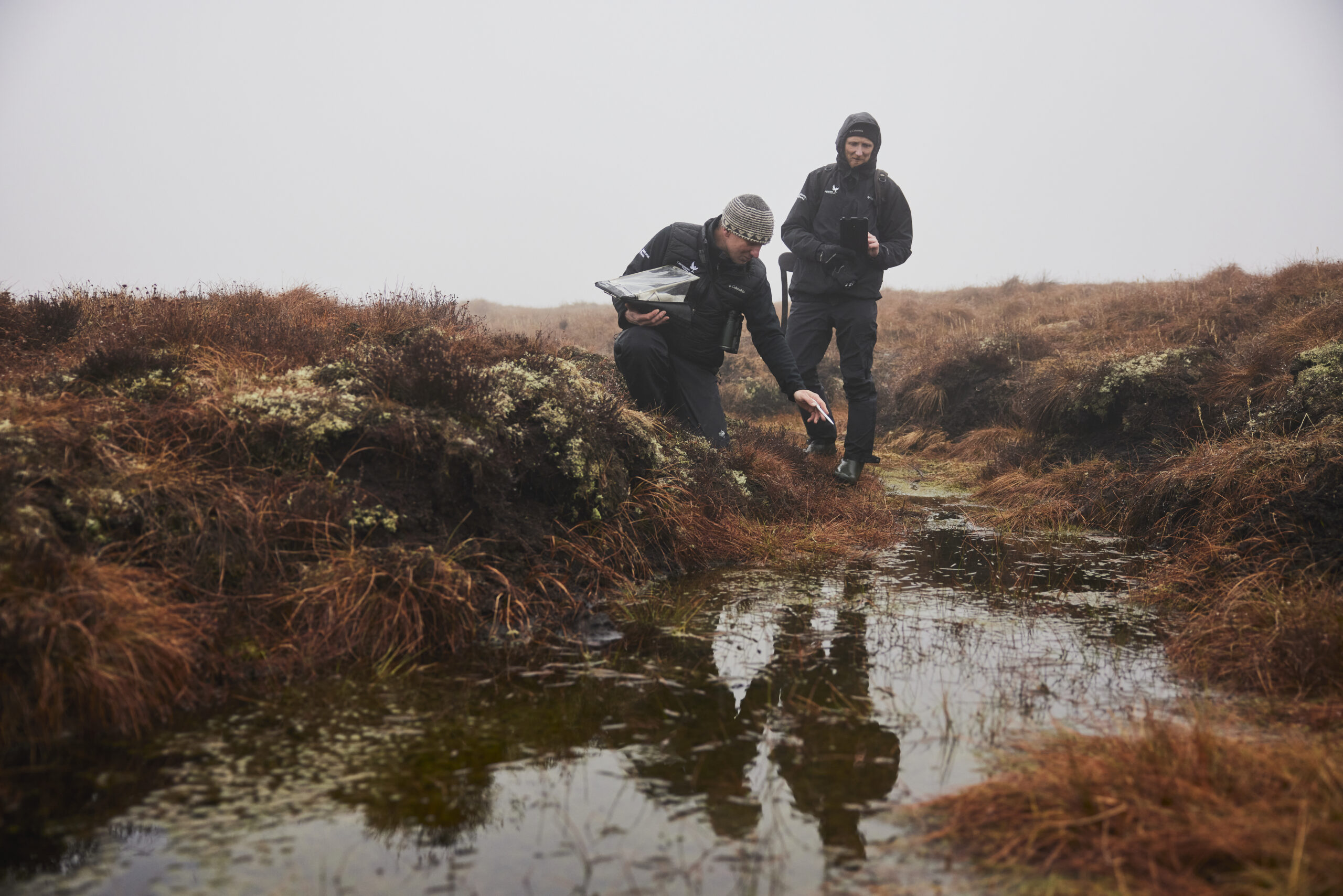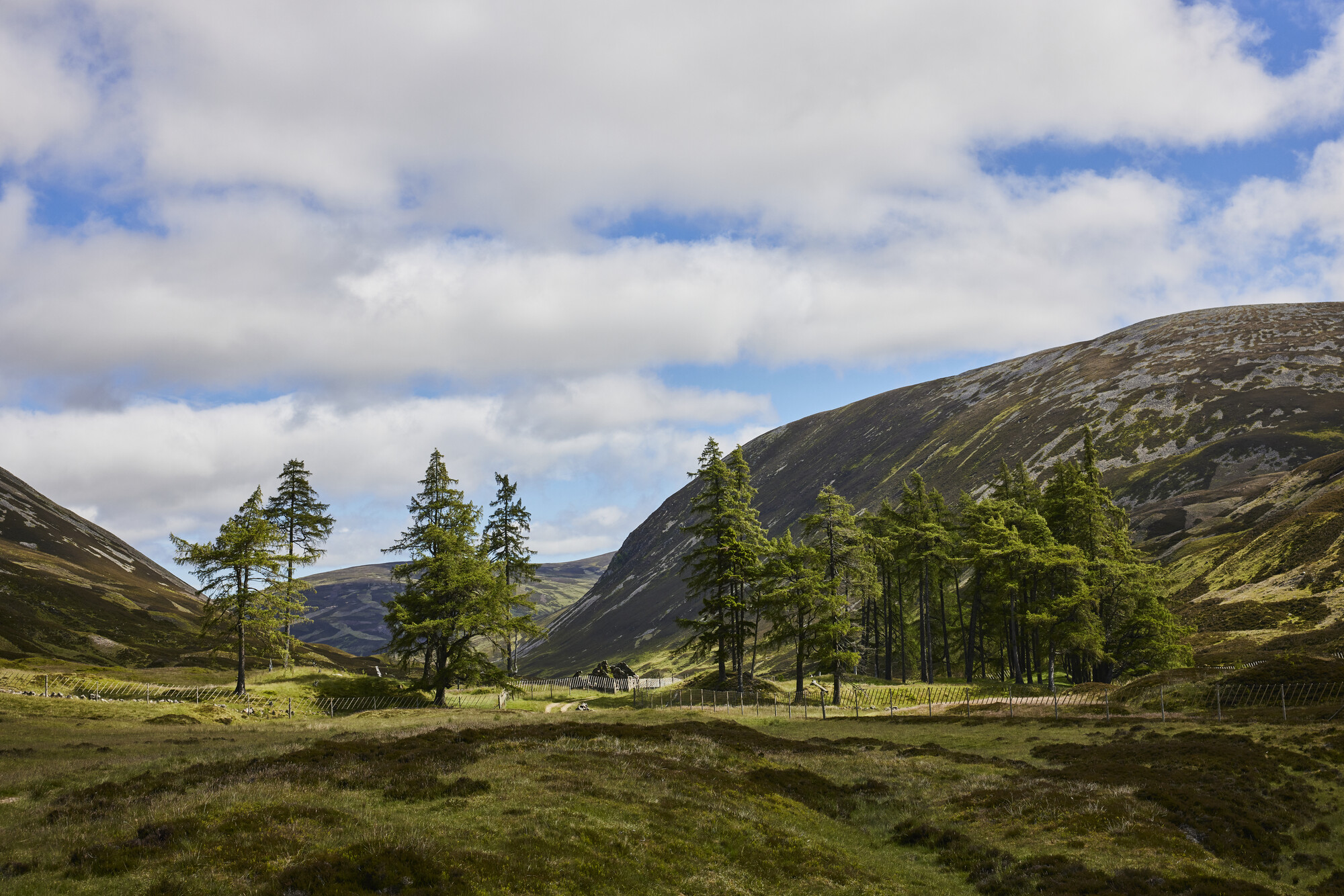In March, Mairi McAllen, Scottish Minister for Environment and Land Reform noted in an address to Parliament, that Scotland’s natural capital has become increasingly attractive for private investment. “This investment is largely focused on delivering carbon management, but it also supports a wide range of benefits including economic development, biodiversity improvements, resilience of food supply, and natural flood management.”
The Scottish Government recently published a set of principles for developing a values-led, high integrity market for responsible investment in natural capital. By setting the bar high for what best practice looks like, the Scottish Government has the ingredients to accelerate the development of a natural capital market that will help deliver policy goals for economic transformation, climate change and biodiversity, and provide community benefits at the same time. McAllen adds that while the investment is welcome and necessary, “it must be responsible.”
Andrew Sutherland, Palladium Director of Nature-Based Solutions adds that developing a natural capital market based on values is also a critical pillar that Revere is basing much of its work on. Revere, a partnership between Palladium and UK National Parks that makes it possible to restore natural habitats with private capital, has a similar set of core principles for its economic model.
But what exactly is natural capital? To put it simply, it’s nature’s stock of renewable and non-renewable assets. Be it water and raw minerals or biodiversity and pollination, these assets are considered resources that can be harnessed to create ecosystem services for human’s benefit. Yet many of these assets sit outside of the usual economies and markets.
This leads to their degradation and exploitation, with local communities often paying the price as damage to ecosystems results in increased flood risk, soil degradation and vulnerability to climate change. To overcome this, the value of natural capital must be included in economic decision making and business models. That’s where the natural capital market comes into play.
Like any market, it requires rules and regulations to govern how stakeholders and nature benefit from investments. But regulations alone do not go far enough. To avoid perverse incentives and the exacerbation of existing inequalities, regulations must be underpinned by principles that set out best practice.
“Take for example, a big company that buys up swaths of land and simply plants trees across that land to receive carbon credits,” explains Sutherland. “Without principles in place, that company can plant whatever trees they want, without any understanding of the ecology or whether it’s beneficial for the surrounding community, and potentially doing more harm than good in the long run.”
Scotland is home to a wealth of natural resources, more than 20 percent of the country is covered by peat (a critical ecosystem that stores carbon) but much of this is currently degraded and requires finance for restoration. This makes the latest interim Principles critical as the country sees an increase in investment and attention.
Key to Scotland’s Principles is ensuring that investments deliver benefits to both the public and private sector as well as local communities and support diverse and productive land ownership. In addition, as McAllen noted, increasing the right kind of private investment will be important for continued jobs growth and provide new income streams for farmers and land managers.
As Sutherland explains, both of these align very closely with Revere’s operating principles. Revere, a partnership between Palladium and UK National Parks that makes it possible to restore natural habitats with private capital, designs all of its restoration projects to be economically viable for land managers – and aims to generate an equal or greater return than business-as-usual land use.
The Interim Principles also align with Revere’s on responsible investment and avoidance of greenwashing, which stipulate that companies look first to their own supply chains and operations before investing in nature-based solutions.
But are the Principles sufficient to ensure that investments in Scotland’s natural capital are not only sustainable but equitable?
According to Sutherland they are, and they set the standard for other natural capital markets. But they are not enough on their own he explains. “We need to see more countries following suit and endorsing the principles to ensure that private finance has as much social and environmental impact as it can.”
“We need to find an additional £56 billion to restore nature across the UK over the next ten years and public funding alone won’t fill that gap,” adds Sutherland. “The scale of the problem is enormous but if we can establish natural capital markets in a responsible and equitable way, we have the opportunity to crowd private finance in to restore nature and deliver benefits for local communities and land managers.”
This article was first published on The Catalyst https://thepalladiumgroup.com/news/Scotland’s-Natural-Capital-Ripe-for-Investment-Thanks-to-Ambitious-New-Principles










